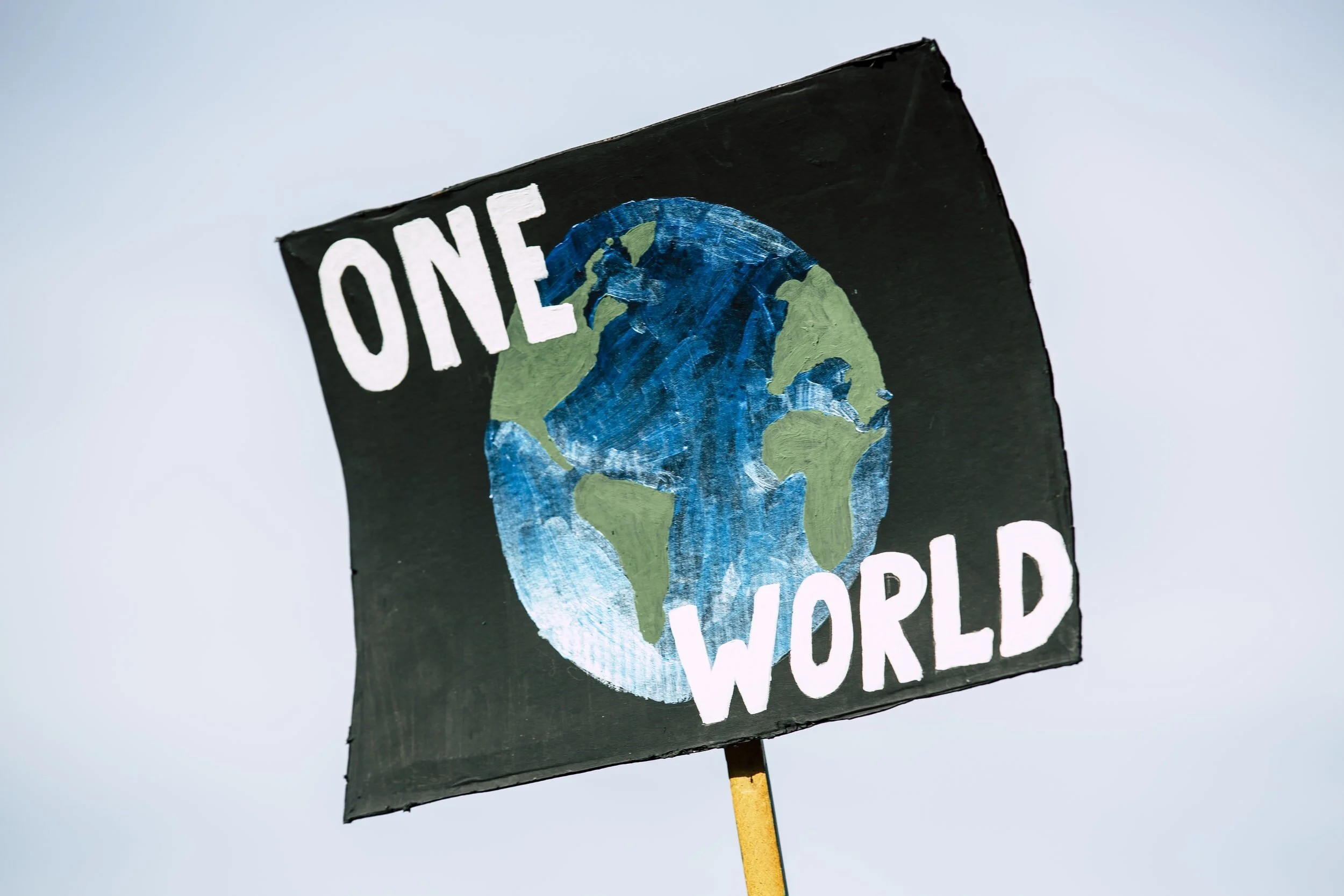The Youth Café Working To Develop Visions Of A Climate Resilient And Carbon Emission Free Future.
“The COP26 visions will help to encourage bold climate commitments as well as action, as we move towards a climate resilient, net-zero future. In the run up to COP26 and beyond, it’s incredibly important that we take a science-led, collaborative approach by involving the public, business and governments in conversations about how to reach our climate goals. This in turn provides decision-makers across the globe with the resources and support needed to accelerate climate policy.”
The Conference of the Parties, (COP26) is a global project, that brings together academics as well as local citizens from across the world to discuss and make plans for an envisioned net zero future. For almost 30 years, The UN has brought together countries for an annual global summit, with the aim of accelerating the phasing out of coal emissions, curtailing deforestation, protecting communities and natural habitats, and accelerating action to tackle the climate crisis through collaborations between government, business, and civil society.
With the United Kingdom currently leading the summit, this year’s event will take place in Glasgow, Scotland and is expected to host an approximate of 190 negotiators, government representatives from various countries, civil organizations, businesses, and citizens for a twelve-day dialogue. The background for this summit stems from the Paris Agreement in 2015, where countries committed to bring forward national plans to reduce their carbon emissions, which is known as the Nationally Determined Contributions (NDC’s). Through the initial stages, leaders agreed to make finance flows consistent with a pathway towards low greenhouse gas emissions and climate-resilient development as well as holding the increase in the global average temperature to well below 2 degrees Celsius.
The project was created through an international collaboration between academics and citizens, and aims to strengthen evidence-based climate resilience, create sustainable solutions, and widen benefits and impact to support more climate action. Through the project, there are also plans to support capacity building and the development of global multidisciplinary academic networks, support solutions focused on the COP26 and improve understanding of the solutions available to achieve a resilient net zero future.
The project is structured to take place in three phases. During the month of April and May 2021, the University of Cambridge had convened a committee of leading academics. This committee has therefore built a fact base on climate risk and development-compatible solutions. In the second phase between the month of June and July 2021, the organization seeks inputs from a select group of people from across society on the fact base on vision of what a future with significantly lower carbon emissions could look like. For the third and final phase, which will take place between August and September 2021, those visions will be crafted into a suite of online communications, as well as brought to life in an exhibit that will be at the center of the physical COP26 event, where global leaders will gather to discuss climate action in November 2021.
Since one of our key focus areas at The Youth Café, as highlighted by our Theory of Change is Environmental Preservation and Climate change, we are delighted to be attending a virtual workshop session to be held on July 19, 2021 as part of the second phase of the project. This workshop will be attended by a diverse group of people including young people, indigenous and rural communities, civil society, business, industry, and government. The COP26 is seeking input from a range of people across different countries, from the following regions: Brazil, India, Jamaica, Kenya, The United Arab Emirates and Saudi Arabia as well as the United Kingdom. Through this workshop, we hope to explore the evidence around different solutions, share our perspectives, and determine a collective vision of Kenya’s future and collaboratively develop “Visions of a climate resilient and carbon emission free future”.
Do you have any questions or comments? Contact us or give us some feedback.



